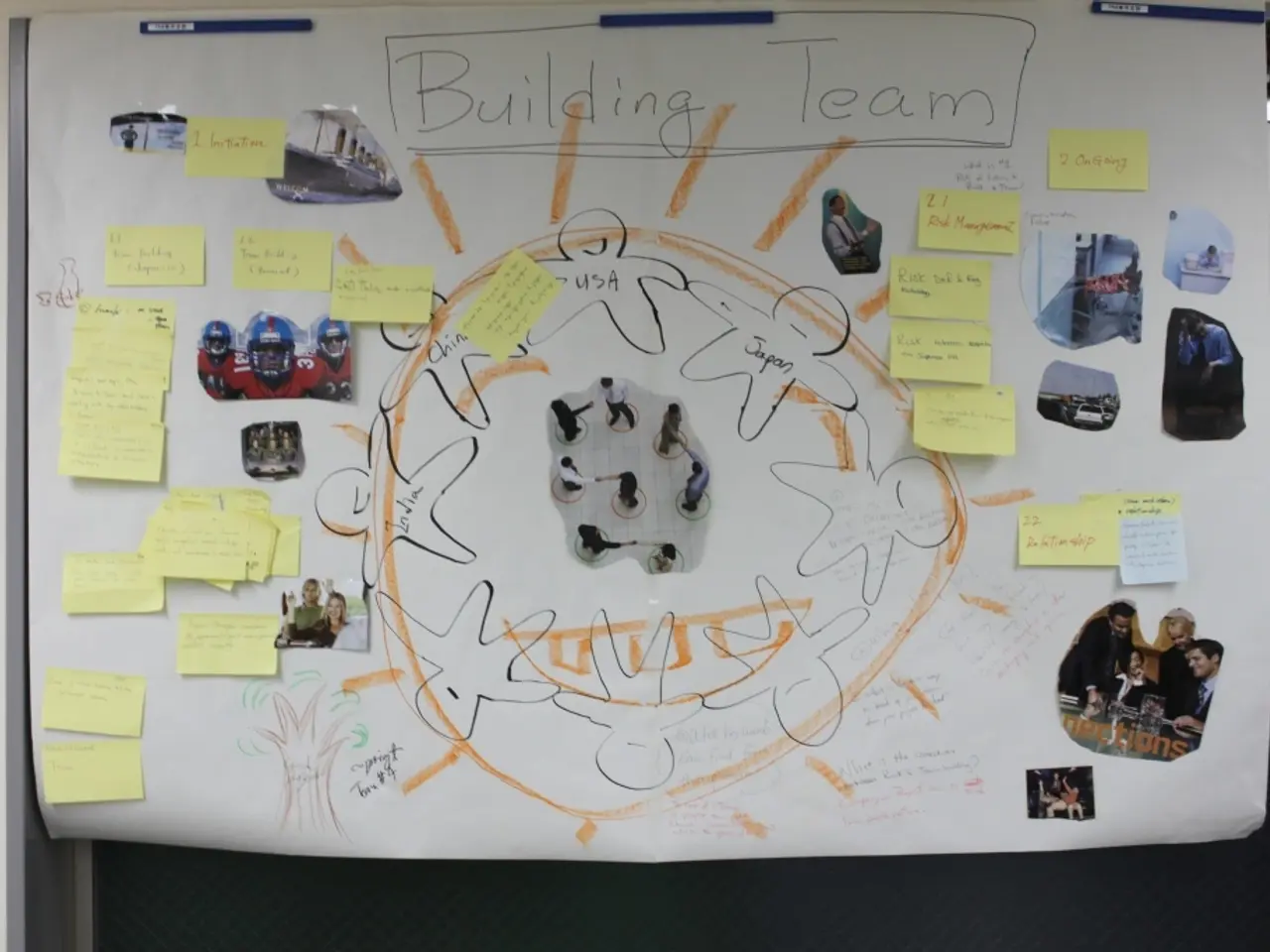Potential Connection Between Social Engagement and Dementia Risk: An Analysis of Social Life Indicators
New and Intriguing Discovery Regarding Alzheimer's and Social Interaction
Contrary to popular belief, middle-aged individuals exhibiting the earliest stages of Alzheimer's might display heightened sociability, not less, according to groundbreaking research.
The study, conducted on nearly 500,000 British adults over the age of 40 and published in the American Journal of Epidemiology, revealed that those with a higher genetic risk for Alzheimer's reported active social lives, happier family relationships, and less isolation. These findings came as a surprise to researchers, as they had anticipated observing withdrawal from social networks.
Lead researcher, Dr. Scott Zimmerman, senior research fellow at Boston University, explained this unexpected outcome to the BBC. "We were taken aback," he shared. "We expected to see more evidence of social withdrawal, possibly due to changes in the ability to organize social activities or alterations in mood. But we found the opposite."
Now, the question arises: Is this increased sociability a protective factor delaying or reducing Alzheimer's risk, or is it an early symptom of the disease itself?
The study suggests that adults at risk of Alzheimer's may actually draw closer to their loved ones to receive support in their daily activities. However, it's essential to note that it's unclear whether loneliness contributes to the development of Alzheimer's, or whether social withdrawal is a consequence of the disease.
Co-senior author Dr. Ashwin Kotwal, associate professor of medicine at UCSF, emphasizes that the results don't contradict previous research on Alzheimer's and social disconnection. Instead, they provide more information about the link between these two aspects.
"Our findings suggest that the connection between social isolation and dementia risk reported in other studies isn't entirely due to early disease symptoms causing individuals to retreat," explained co-lead author Dr. Ruijia Chen, a researcher at Boston University. These insights strengthen the argument for the importance of maintaining social connections for brain health.
Beyond genetic risks, factors like exercise habits, smoking status, blood pressure, blood sugars, sleep routines, mental health, and medications significantly influence the likelihood of developing dementia. One factor that might be included in this list is loneliness.
Researchers hope that this information encourages families, communities, and policymakers to by providing opportunities for healthy social engagement throughout life, helping to protect brain health during crucial periods.
Stay tuned for more insightful articles about dementia, social connections, and what we can do to improve our cognitive health.
Meet the Experts
- Dr. Scott Campbell Zimmerman is a senior research fellow of epidemiology at Boston University's School of Public Health.
- Dr. Ashwin Kotwal is an Assistant Professor of Medicine in the Division of Geriatrics at the University of California, San Francisco (UCSF) School of Medicine.
- Dr. Ruijia Chen is a Postdoctoral Associate of epidemiology at Boston University's School of Public Health.
- Dr. Jacqueline Torres is a social epidemiologist and Associate Professor of Epidemiology and Biostatistics at the University of California, San Francisco's School of Medicine.
- The future of Alzheimer's research might involve exploring the role of technology in promoting social interaction as a protective factor against the disease.
- Science continues to delve into the impact of mental health on overall well-being, with a focus on the effects of stress, depression, and anxiety on both cognitive function and Alzheimer's risk.
- Research in the field of health and wellness is increasingly emphasizing the importance of maintaining a fit body and a sound mind for improved cognitive function and reduced risk of Alzheimer's.
- As researchers unlock more secrets about Alzheimer's, they will likely pursue space-based research projects, harnessing the power of satellite technology to monitor global health trends related to sleep and dementia.
- In the realm of fitness and exercise, scientists are investigating the ways that physical activity and mental stimulation can Ward off Alzheimer's and promote brain health.
- Tackling issues like loneliness and social isolation in the context of Alzheimer's research will require collaborative efforts between medical professionals, policymakers, and community organizations dedicated to improving mental health and quality of life for those affected by the disease.








